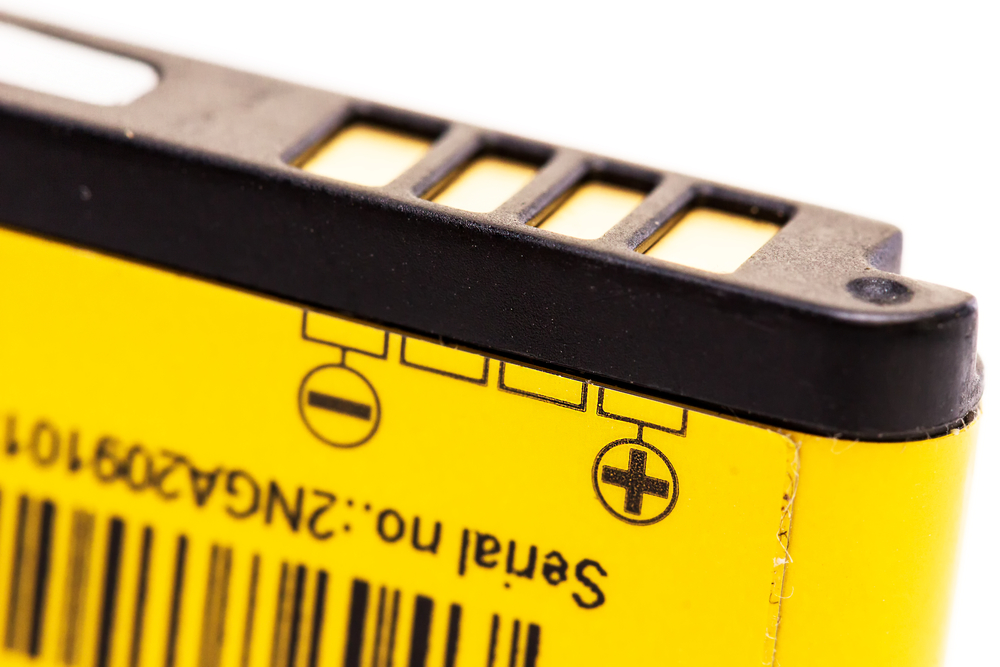University of California scientists think that they have accidentally come up with a technique that would allow the average device battery to hold up a little bit longer–three to 400 times longer.
Scientists stated that the key to this breakthrough is the integration of something 1000 times smaller than a strand of human hair: nanowires. These nanowires are able to store more than ten, times the energy of the existing technology, Lithium-ion. The down side is the fragility of these tiny filaments, that have been known to break after only 1000 charge cycles.
In order to move past this, scientists will have to figure out a way to protect the nanowires from damage. UCI’s doctoral candidate, Mya Le Thai, came up with a solution through research and lab work.
“Mya was playing around, and she coated the whole thing in a very thin layer of gel, and started to cycle it. She discovered that just by using this gel, she could cycle it hundreds and thousands of times without any loss of capacity,” a UCI spokesperson said.
Thai took gold nanowires, and coated them in manganese dioxide and an electrolyte made from a Plexiglas-type substance. Once the wires were coated in this mixture, they became more flexible and resistant to failure. Over the three-month study, she cycled the battery over 200,000 times without it losing any capacity at all.
“The coated electrode holds its shape much better, making it a more reliable option. This research proves that a nanowire-based battery electrode can have a long lifetime and that we can make these kinds of batteries a reality,” Thai said.
Gold nanowire batteries, in theory, would be too costly to mass produce, so researchers are saying similar results could be utilized by nanowires coated in nickel instead of gold.
If you liked this article, follow us on Twitter @themerklenews and make sure to subscribe to our newsletter to receive the latest bitcoin and altcoin price analysis and the latest cryptocurrency news.

